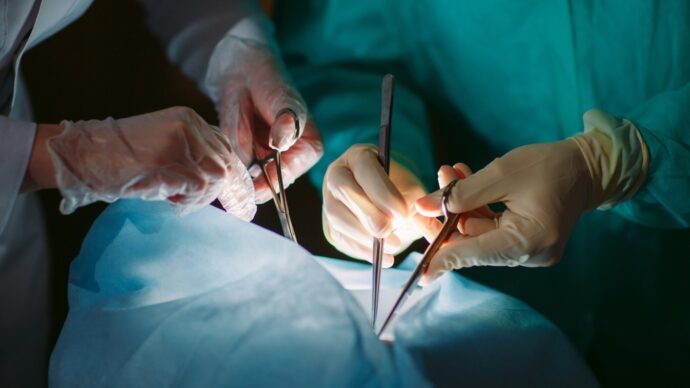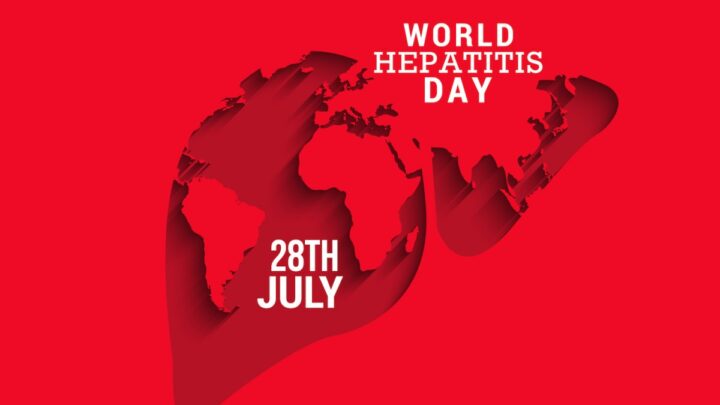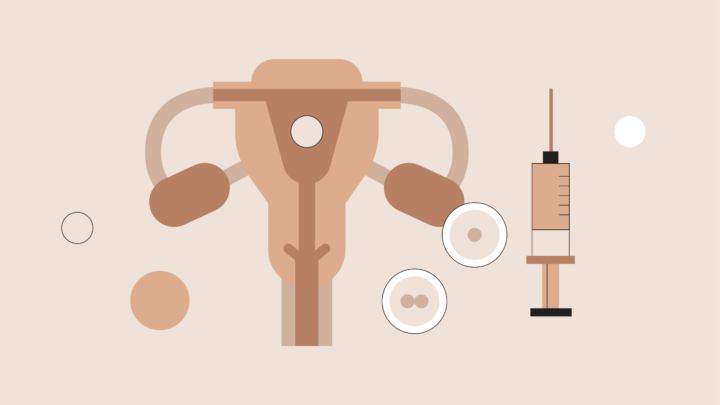
A new confidential review revealed that the transplanting of kidneys, livers, hearts and other vital organs to patients currently depends on out-of-date technology. And 86% of Sermo physicians agree that the archaic aspects of the technology need to be overhauled.
The Washington Post reports, “The mechanics of the entire transplant system must be overhauled, the review concluded, citing aged software, periodic system failures, mistakes in programming and overreliance on manual input of data.
In its review, completed 18 months ago, the White House’s U.S. Digital Service recommended that the government ‘break up the current monopoly’ that the United Network for Organ Sharing, the nonprofit agency that operates the transplant system, has held for 36 years. It pushed for separating the contract for technology that powers the network from UNOS’s policy responsibilities, such as deciding how to weigh considerations for transplant eligibility.
About 106,000 people are on the waiting list for organs, the vast majority of them seeking kidneys, according to UNOS. An average of 22 people die each day waiting for organs. In 2021, 41,354 organs were transplanted, a record.”
In a recent Sermo poll, 73% of physicians said it’s unacceptable that the organ transplant system does not use electronic records—but instead it requires human beings to enter data into databases.
41% of physicians said they had experience working within this organ transplant system; and 76% said their hopsital or office uses electronic records.
84% said that if the system is automated, they could concentrate more on improving patient care.
Below, Sermo physicians from around the world share more of their professional insights, perspectives, and opinions on this important topic—in their own words:
“No electronic system is 100% perfect and what would you do with the organs when the system is down like most of us have experienced with EHR? Something must be working if the number of transplanted organs increase per year. I would not opt for a private company to come in and run it because that’s when only those with Money will get transplants.”
Pediatrics, U.S.
“The current system is not efficient and has been very resistant to change. The system should first and foremost be very transparent as to priorities and the families of those donating should have more say on where those organs go. If there is a near perfect match for a transplant in town but the number one person on the receiving list is all the way across the entire country with a lesser match, the bureaucracy wants it go cross country. The system has gotten continually worse since the feds have been helping control it. This is a good topic that needs to be brought out and discussed – but don’t expect the organ procurement people to be very tolerant of change. Most of them want arbitrary rules with no exceptions – and anyone outside of their circles is not given fair credit on their medical knowledge.”
Family Medicine, U.S.
“The issue of organ transplants is delicate because there is a long waiting list to obtain one of the precious organs that people need, in order to slightly increase their life expectancy. It is important to automate the service and improve patient care.”
G.P., Cuba
“Spain is at the forefront in transplants and undoubtedly it is necessary to renew and investigate to make it more and more effective. More transplants and more successes. There is a lot of effort and a lot of sacrifice behind it. Not everything is numbers. I know many Colleagues who are giving their lives to it.”
G.P., Spain
“Maybe I am missing some thing, but every electronic record system that I know of requires humans to enter the data.”
Dermatology, U.S.
“The entire system must be updated with state-of-the-art technology.”
Traumatology/Trauma Surgery, Mexico
“The bank of vital and non-vital organs will be the solution to the problem of the waiting list of more than 100,000 patients, since due to the loss of organs that are discarded and not transplanted. Let us remember that currently the transplant continues to be an emergency surgery, so many organs are lost due to prolonged ischemia time. The cryopreservation of organs and keeping them viable for days and weeks will be the answer so that the transplant surgery is ELECTIVE, therefore the distribution of organs to be transplanted will be greater. So the priority is greater support for global research on organ cryopreservation, for example slow cryopreservation, fast cryopreservation, etc. My line of research is transplants in gynecology.”
OBGYN, Mexico
“Organ transplants constitute a life expectancy for those who for one reason or another have suffered the loss of a vital organ. For them, the appropriate technology is important to acquire better pressure according to the acceptance of the transplant by the different defense mechanisms of the organism. I believe that technology is important for the practice of this medical activity.”
Family Medicine, Cuba
“Organ transplantation does not have the same development in all countries, in underdeveloped or poorer countries it is almost non-existent, so of course the automated database is deficient, as is the population’s awareness of organ donation. We appreciate that in developed countries where there is an organ transplant system with an integrated and extensive database, the selection of cases becomes very complex, due to the increase in cases that need this surgery, due to the greater scientific and technological development in this branch of medicine that allows surgeries unthinkable years ago and its good results. For the organ transplant system to work well, it starts from the beginning, with a good case report and automated information on it, until the selection of the patient to be transplanted according to priorities not influenced by economic, political, or social issues. It must be a transparent system, that does not offer doubts in its integrity and must also include care for the patient waiting for the transplant. Let’s wait for the day when the possibility of an organ transplant, either to avoid dying or to improve the quality of life, is available to everyone.”
G.P., Cuba
Everyday thousands of Sermo member physicians from diverse backgrounds and experiences exchange knowledge with each other. Sermo is the original medical social network that empowers today’s physicians. Over 1 million fully verified physicians across more than 150 countries come to our platform to talk with peers, participate in paid medical studies, solve challenging patient cases, contribute to the world’s largest database of drug ratings – and enjoy a few laughs along the way.
Interested in more? Check back any time and follow us on Facebook, Twitter, and LinkedIn for the latest and greatest in physician insights.
Are you a physician or healthcare practitioner?
Explore the many benefits of joining Sermo’s medical community and sign up for free today.














